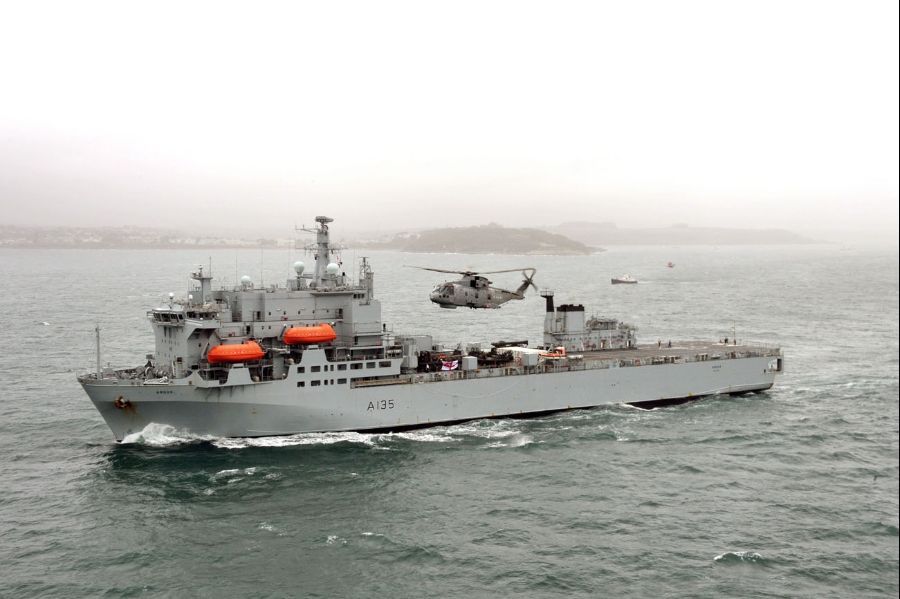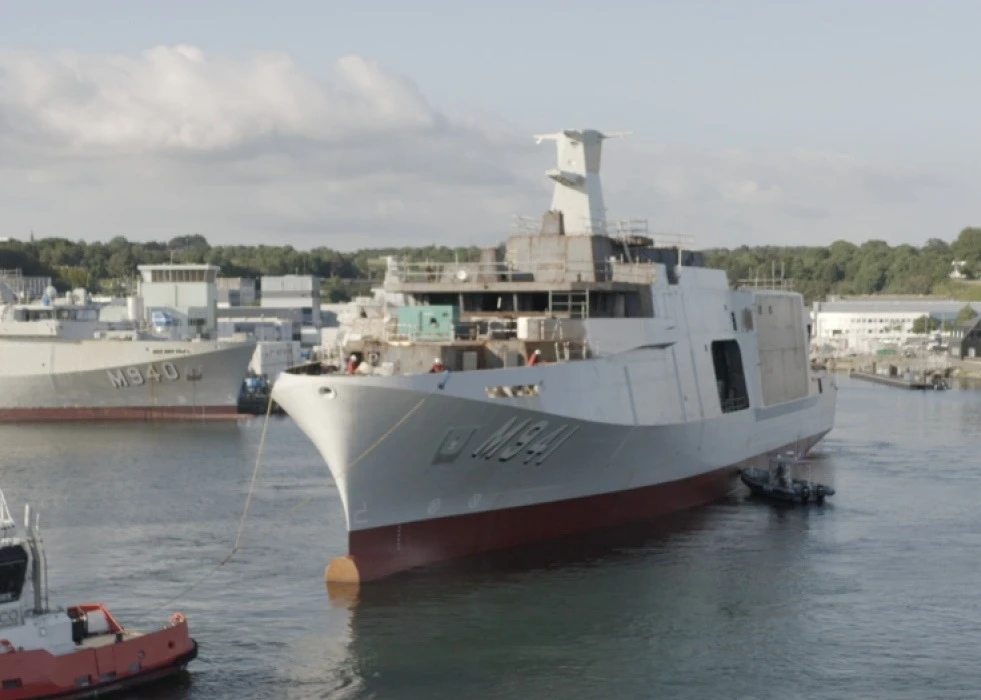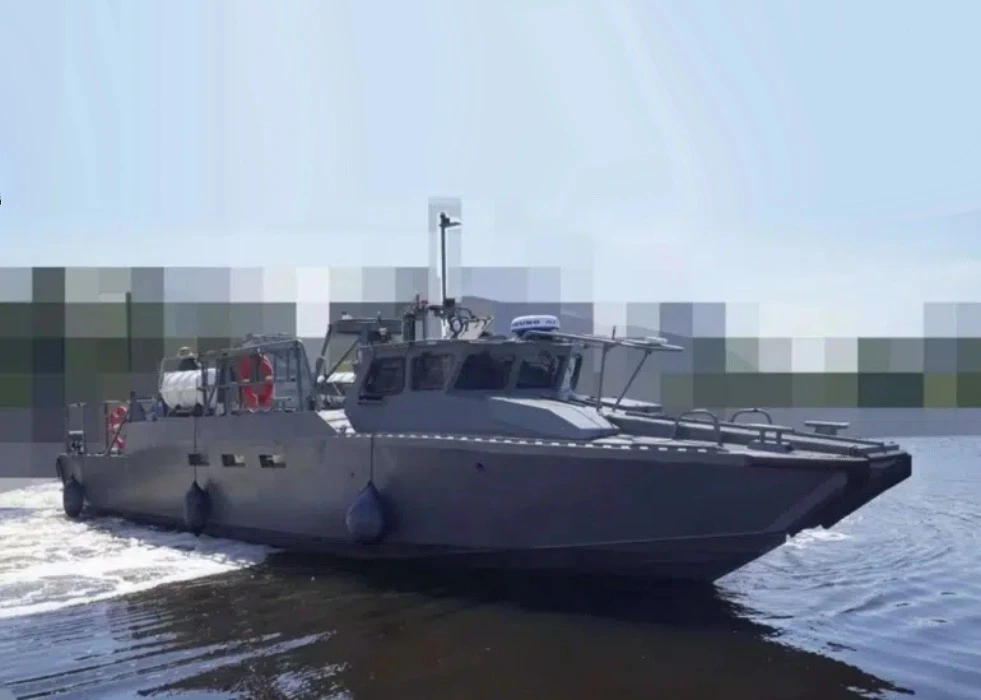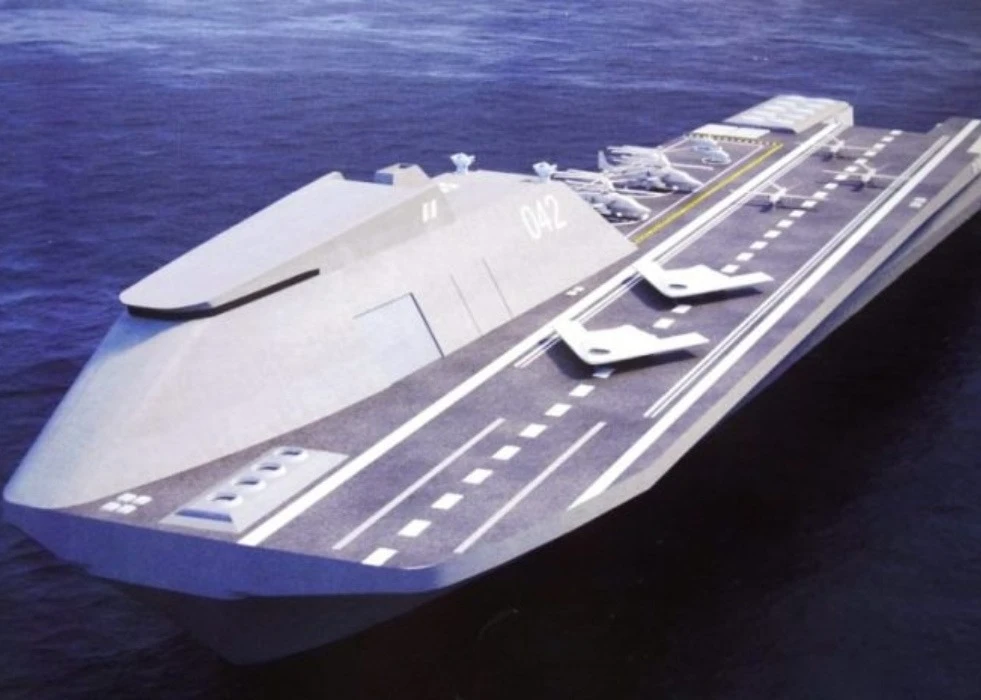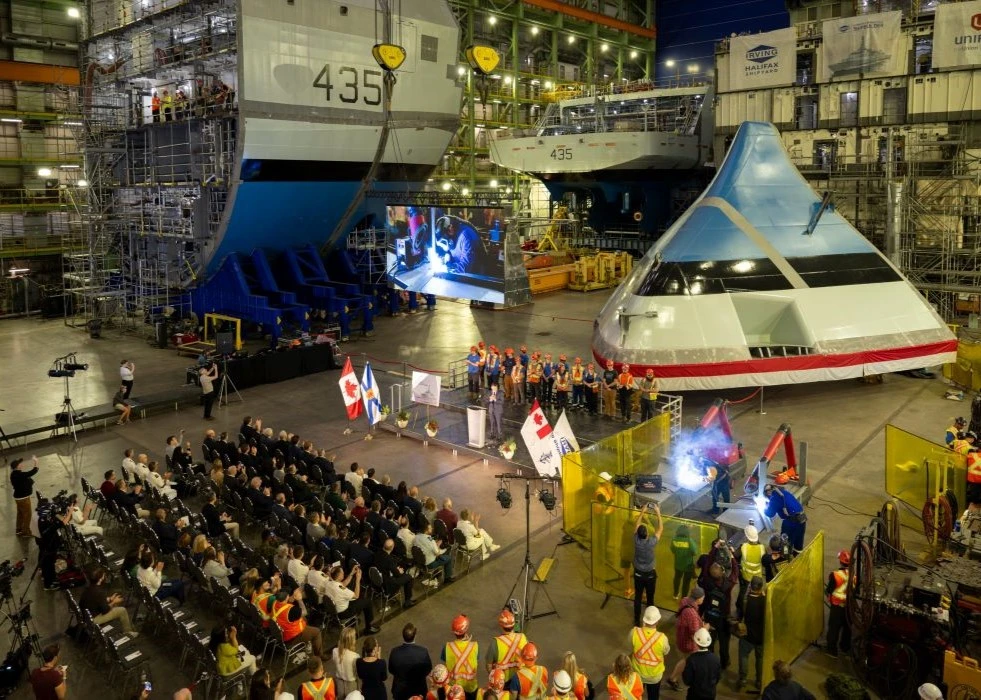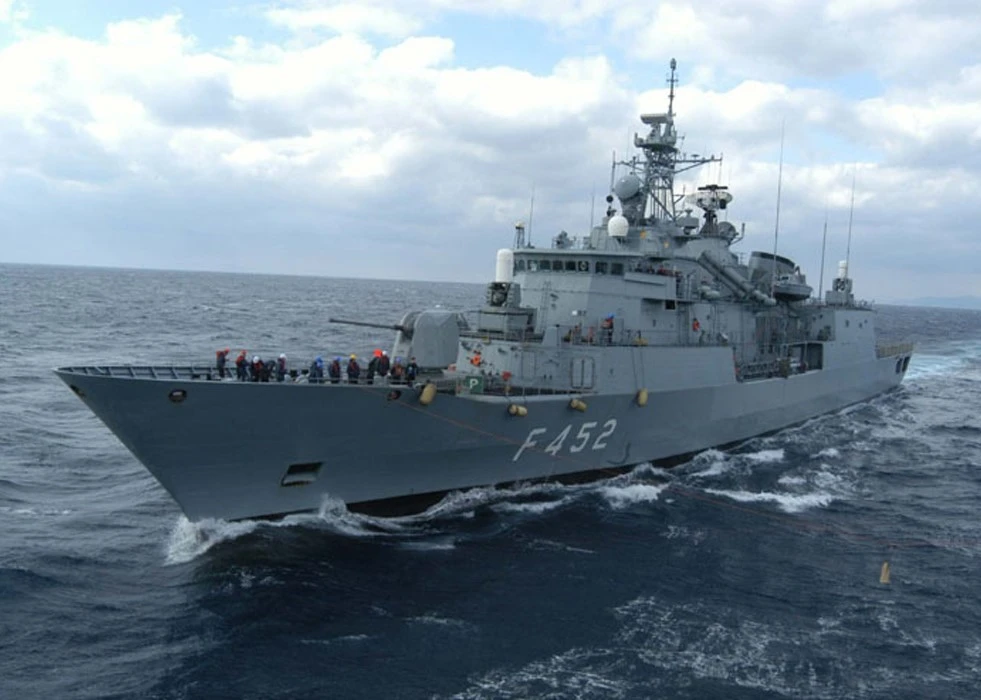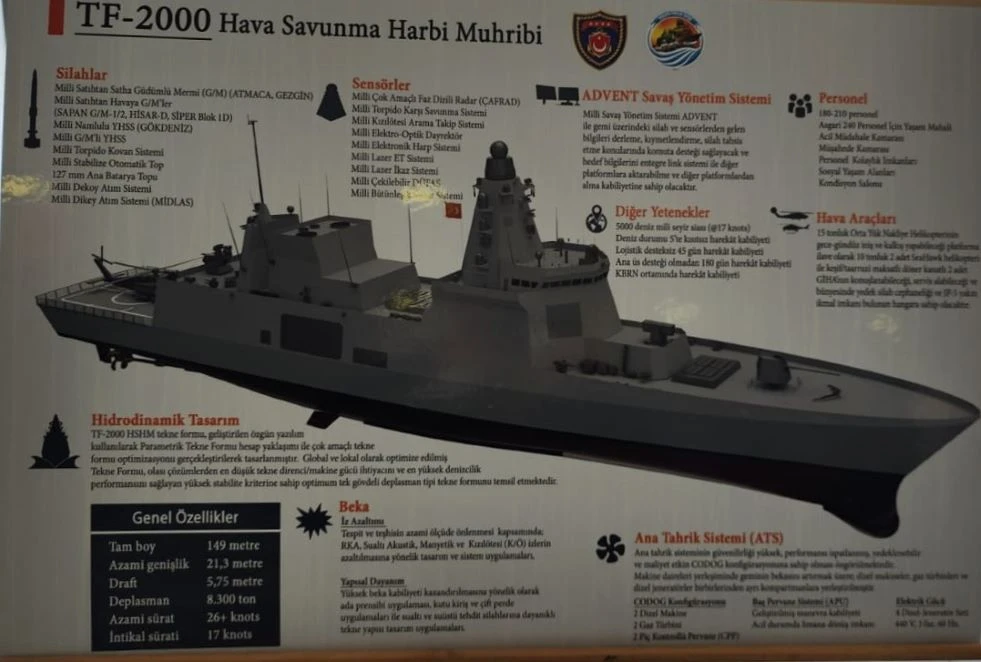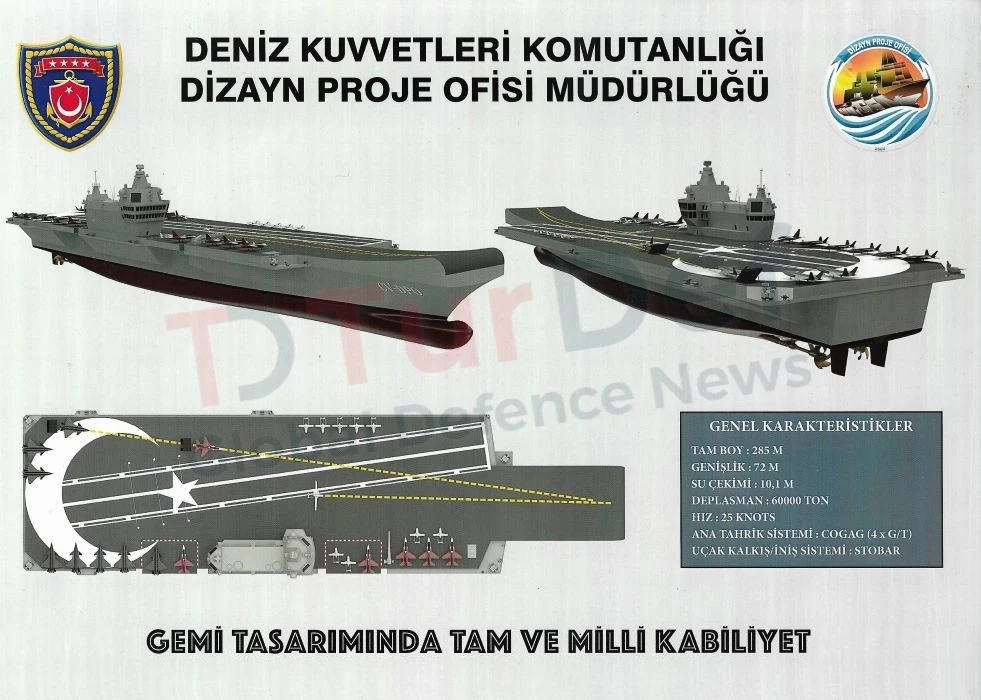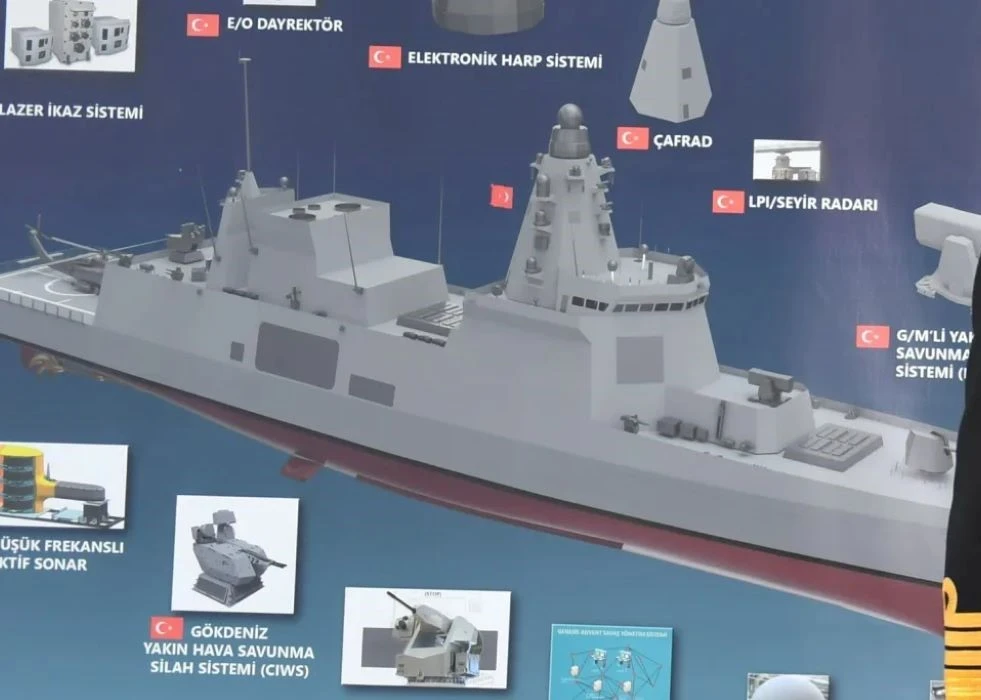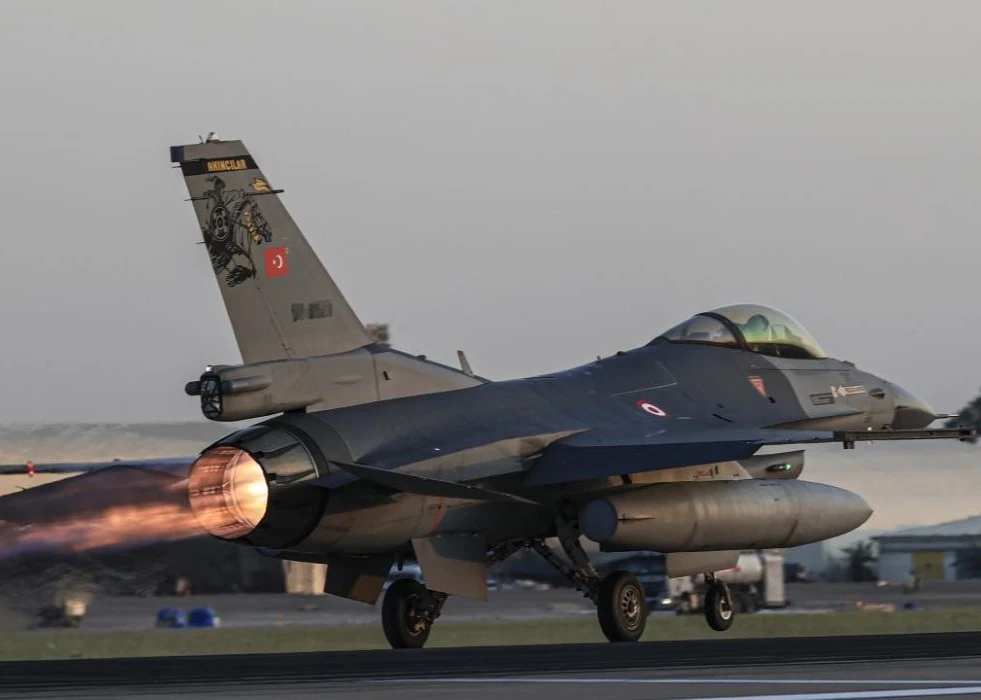The United Kingdom intends to decommission two Royal Fleet Auxiliary naval vessels and one ocean survey vessel. However, according to a report released by the UK’s House of Commons Defence Committee, without proper replacements.
RFA Fort Victoria is an Auxiliary Oiler Replenishment (AOR) ship that can function as a store ship and a fleet tanker. Originally, it was intended to assist frigates on anti-submarine warfare patrols.
The ship is outfitted with four central replenishment rigs that can supply fuel and supplies to two warships simultaneously. Furthermore, the unit has another refuelling rig at the back. It also has a large flight deck, a hangar, and helicopter maintenance facilities.
RFA Argus, on the other hand, is a primary casualty receiving ship of the Royal Fleet Auxiliary. The 175-meter-long ship serves as a floating medical facility during a crisis or war, with a 100-bed medical complex on board. It has an emergency department, resuscitation and surgical services, and a radiology suite with a CT scanner. The navy will decommission the ship in 2024.
HMS Scott, the largest survey vessel in Western Europe and the fifth largest vessel in the Royal Navy, is the third ship the navy intends to retire. HMS Scott was built as an ocean survey vessel with a modern High-Resolution Multi-Beam Sonar System (HRMBSS). This swath echo sounder can collect depth data across a kilometre-wide swath of seabed. The unit, named after the famous Arctic explorer Robert Falcon Scott, also serves as a mine countermeasures vessel.
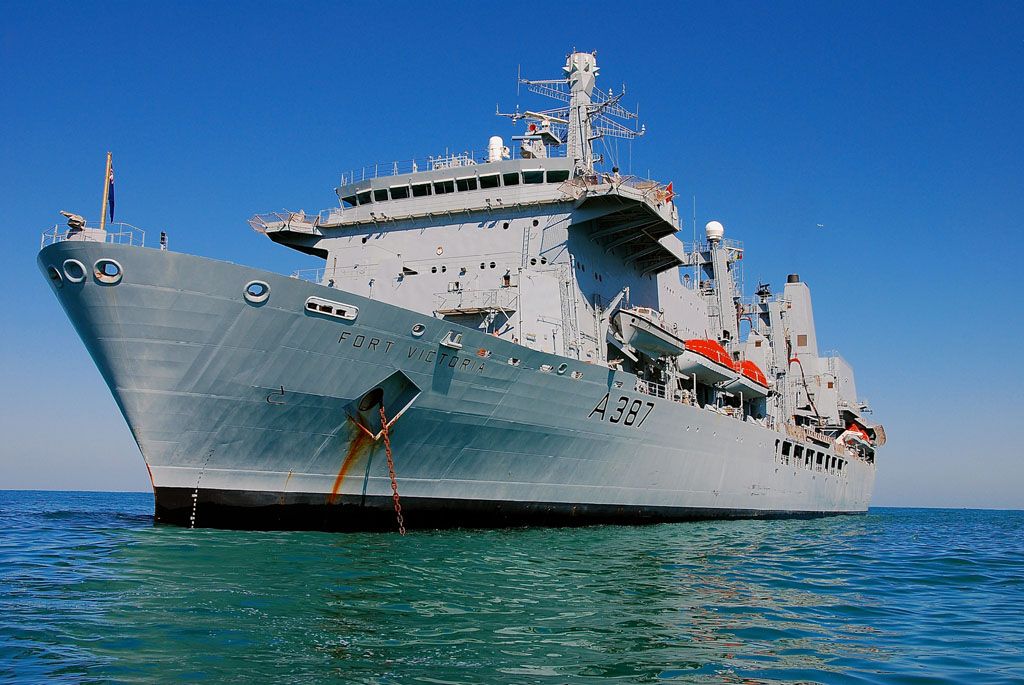
The HMS Scott, which was built to replace the navy’s survey ship HMS Hecla, is currently the only vessel of its kind. It was commissioned on 20 June 1997, while the planned out-of-service date is 2022.
Once these vessels are retired, the navy will likely lose its current ability to provide medical care, replenish vessels at sea, and monitor the sea bed, the report emphasized. This led the navy’s fleet to become increasingly reliant on allies for many capabilities, with a limited scope to act independently. To solve these problems, the UK’s government needs to do more political to ensure this support will be provided when needed.
One of the report’s challenges is the number of escort vessels and submarines in the navy’s fleet. The officials called for the UK government to double the escort fleet and increase the size of the attack submarine fleet.


